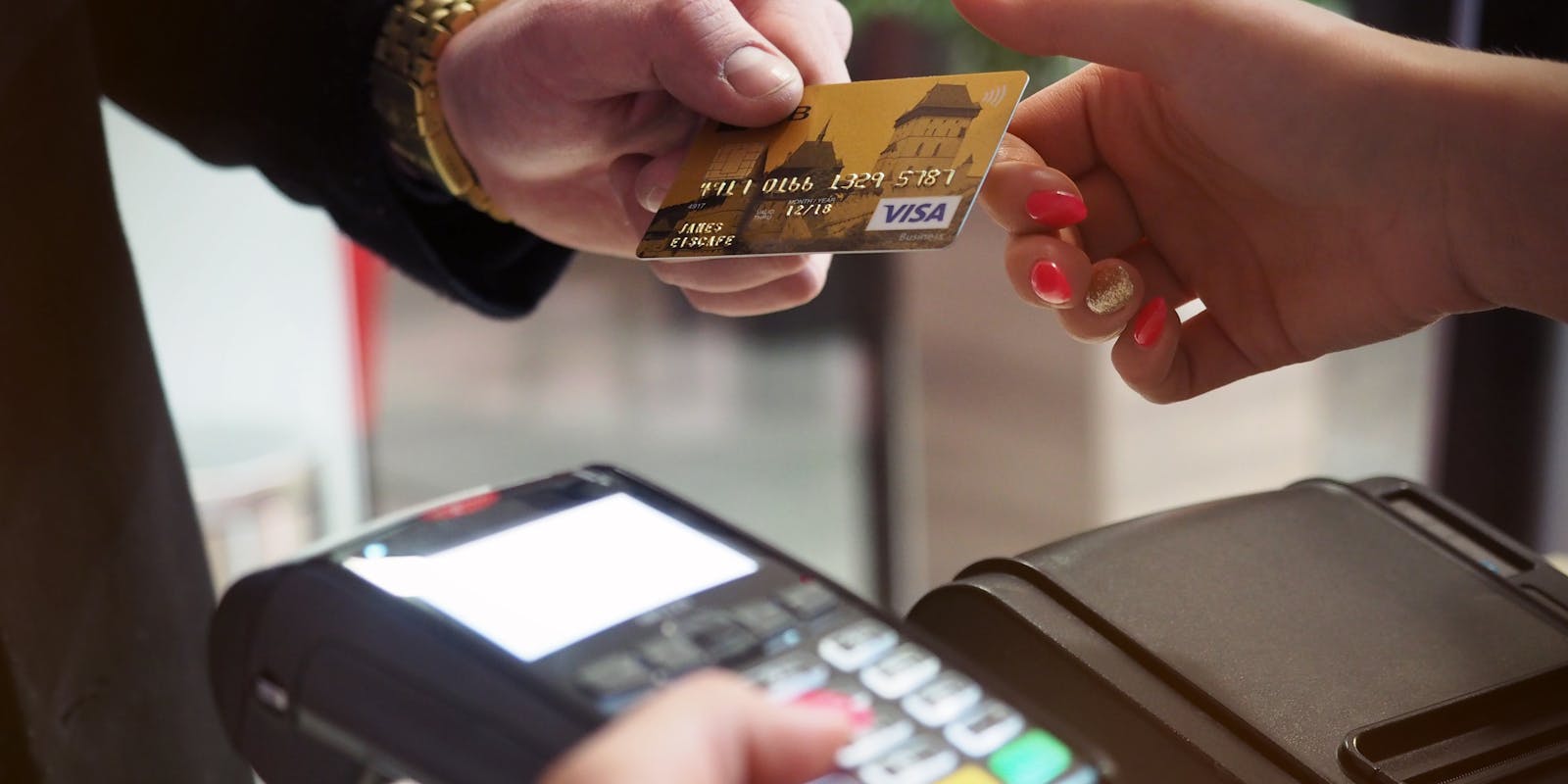Croatia & SEPA: Your Euro-Payment Guide for Expats & Foreign Investors
TL;DR: If you’re living in—or investing in—Croatia, you’ll want to understand how euro payments work here. As of 2025, the country is fully part of the euro and SEPA systems, and new rules around instant payments are changing expectations. This guide walks you through what matters (for you) — from everyday transfers to business flows.

Croatia adopted the euro on 1 January 2023, replacing the kuna and entering both the eurozone and the Single Euro Payments Area (SEPA).
For you, this means:
Transfers between Croatia and other SEPA countries are now domestic in practice—no “foreign payment” charges.
IBAN is the standard account format, simplifying cross-border transactions.
The same payment laws that apply in Paris or Berlin also apply in Zagreb or Split.
The entire euro banking system now operates under one rulebook, which levels the playing field for businesses and individuals alike.
SEPA—short for Single Euro Payments Area—is the framework that unifies euro payments across 36 European countries. It ensures that euro transfers and direct debits are processed under the same rules and timelines everywhere.
For Croatian residents, this means:
Payments between Croatia and any other SEPA country are made in euros, without conversion.
Banks must process SEPA credit transfers quickly—usually within one business day.
Businesses can set up recurring direct debits for clients or utilities with full transparency and consumer protection.
In other words, your euro account in Croatia now behaves just like one in any other eurozone country.
The biggest transformation underway is the rise of instant payments, where funds move within seconds—24 hours a day, 7 days a week, all year round.
The Legal Foundation
The Instant Payments Regulation (Regulation EU 2024/886) requires all banks and payment service providers in the eurozone to offer instant credit transfers in euros.
Key obligations include:
Banks must both send and receive instant euro transfers.
The fee for an instant transfer cannot exceed the fee for a regular SEPA transfer.
Banks must provide real-time name and IBAN verification to reduce errors.
Instant payments must work at all times, including weekends and holidays.
Implementation deadlines are already set: by January 2025 all banks must be able to receive instant euro payments, and by October 2025, they must be able to send them.
Croatia’s national instant-payment system is called EuroNKS Inst. It connects directly to the European Central Bank’s settlement platform (TIPS) and allows euro transfers to clear in a matter of seconds.
Key features:
Available 24/7/365, with settlement in real time.
Maximum transaction amount: 100,000 EUR per transfer.
Nearly all major Croatian banks are already participating.
No distinction between “domestic” and “international” euro transfers within SEPA.
With this system, sending money to Germany or receiving payment from Italy is as simple—and as fast—as sending money to someone in Dubrovnik.
Whether you are renting an apartment, paying contractors, or managing a holding company, these are the main points to understand.
1. Everyday Payments
You’ll send and receive money using your IBAN.
Transfers between Croatian and other SEPA accounts are treated equally.
Instant transfers will be available through most banks by late 2025.
Fees are minimal and cannot exceed those for standard SEPA transfers.
2. Business and Investment Transactions
Instant euro payments shorten settlement cycles and improve cash flow.
Cross-border payments across SEPA now clear as local transfers, improving speed and predictability.
For high-value transfers above 100,000 EUR, regular SEPA transfers remain available and are usually settled the next business day.
3. Costs and Bank Practices
Instant payments must cost no more than standard transfers.
Banks may still set individual limits or temporary maintenance windows, but these must be communicated to clients.
There are no “weekend delays” for euro payments within SEPA once your bank has fully implemented instant capabilities.
4. Risks and Safeguards
Banks must confirm that the payee’s name and IBAN match before funds are sent.
Transfers are screened daily for compliance and anti-sanctions purposes.
Because Croatia uses the euro, there are no exchange-rate risks within SEPA.
Check your bank’s SEPA status. Confirm that it supports both standard and instant transfers.
Use IBAN and name verification. It reduces misdirected payments.
Know the limits. Instant payments currently cap at 100,000 EUR.
Compare fees. If your bank charges more for instant transfers, you have grounds to question it.
Plan for cash-flow precision. Businesses can now rely on same-minute settlements instead of multi-day processing.
Croatia’s integration into SEPA and its adoption of the euro have simplified life for expats and investors alike. Payments that once took days now arrive in seconds. Fees are falling, compliance standards are harmonized, and financial borders inside Europe continue to fade.
For anyone relocating, investing, or building a business in Croatia, understanding SEPA isn’t just convenient—it’s strategic. It allows you to manage your finances as smoothly as any European citizen.